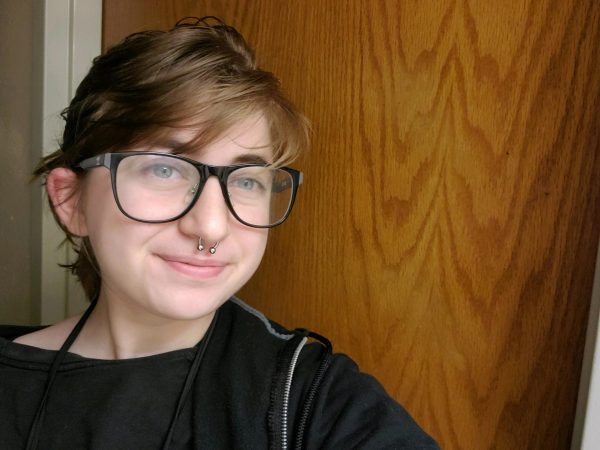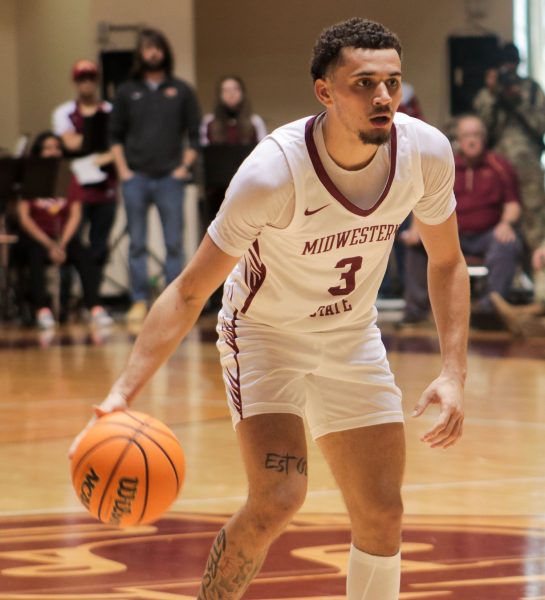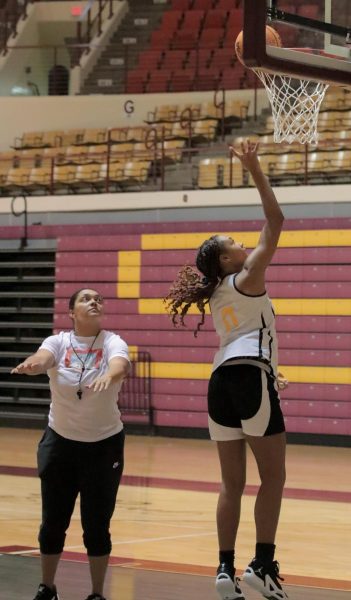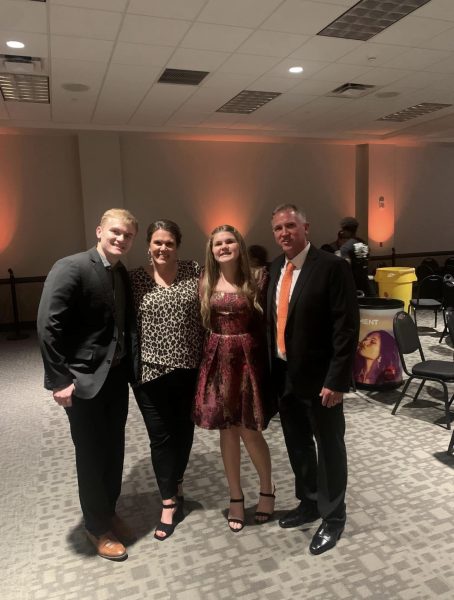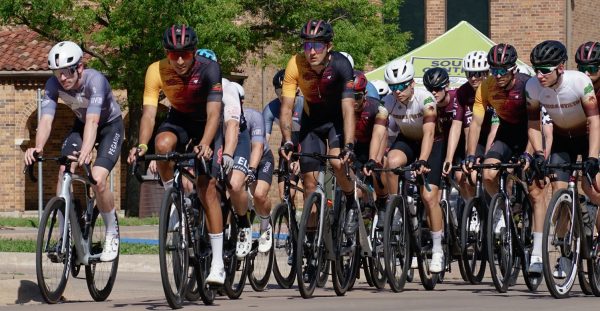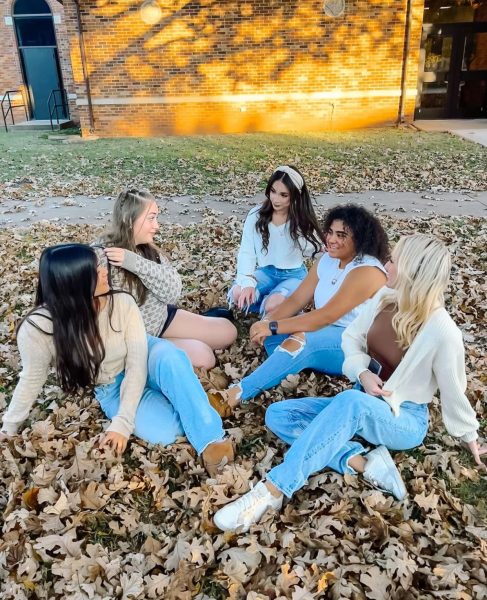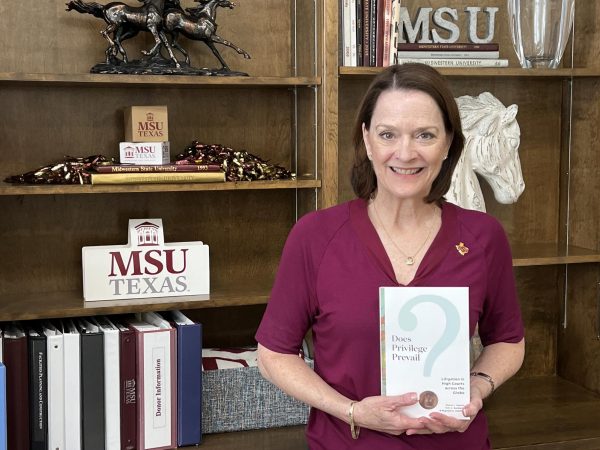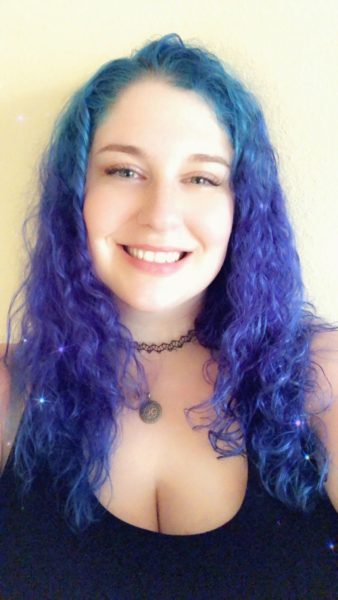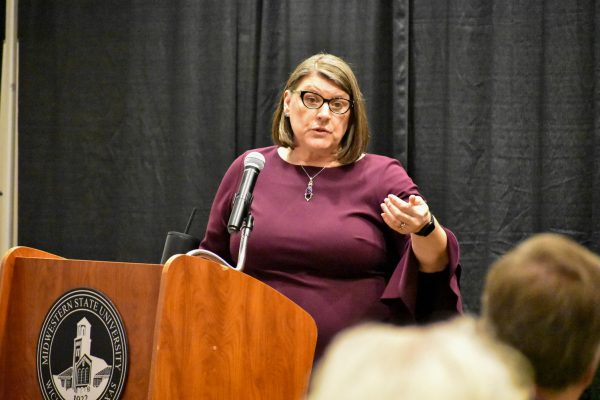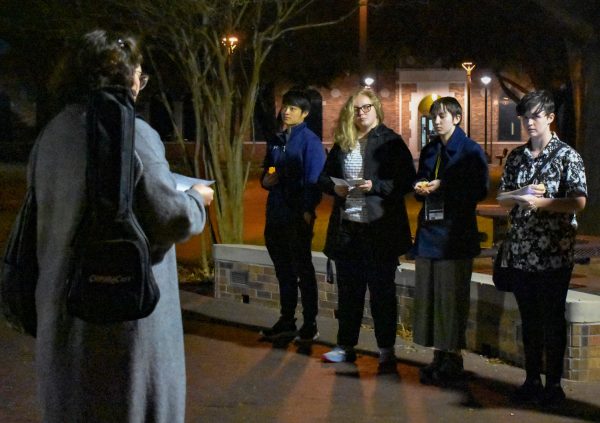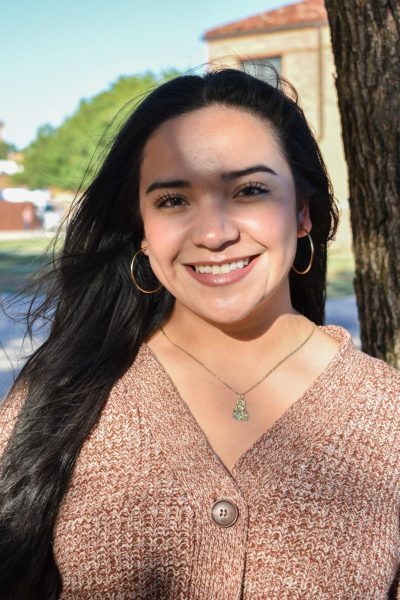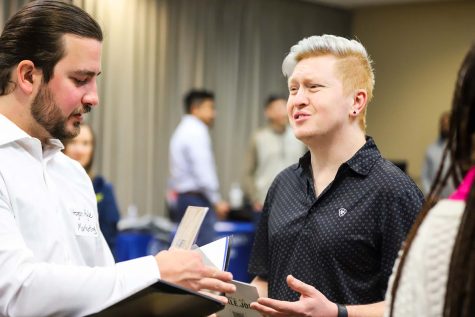Donate Life month sheds light on patients’ struggles
Courtesy of Donate Life America.
One woman’s struggle with cancer has brought a nationally prominent topic into sharp focus for the local community; April is Donate Life month, a time when awareness for signing up as an organ donor is promoted and celebrated. But for someone like MSU class of 2006 graduate Summer Hickman, whose mother Carla Shannon Inman needs a stem cell transplant to keep her acute myeloid leukemia in remission, focusing on the importance of a donation happens more than just one month a year; it happens every day. While the stem cell transplant Inman needs falls outside the scope of what organ donors sign up for, the two types of donation go hand-in-hand; both require the commitment to sign up, both ask little of registered donors and both can save lives.
Summer’s story
Hickman’s life changed on Jan. 1, 2021, when doctors diagnosed her mother with acute myeloid leukemia. Just three days later, Inman started treatment. One of the challenges facing her and other AML patients is the necessity of finding a stem cell donor who is not only registered to donate, but who also has the proper type of antigens. Hickman explained the difficulties of finding the right donor.
“It’s not based on your blood type, its based on your HLA typing. HLA stands for Human Lipocide Antigen typing,” Hickman said.
She later added the national registry of donors has stringent requirements for donors to be connected with patients in need of transplants. HLA typing must match almost exactly for the national registry to get involved.
“So with the registry, they look for 10 different types for the HLA typing. For the registry to flag a match, you have to match nine-out-of-10 or 10-out-of-10 on those HLA typing. But like me and my brother, we only match five-out-of-10. And so a partial match could still work. But the registry doesn’t let you know if there’s a partial match, they only flag the ones that are perfect or near-perfect matches. So we’ve been trying to get the word out for people to, once their registrations are complete or they’ve gotten the private test or anything like that, to get a copy of that HLA report to us so that we can compare it to my mom’s. Because there might be a partial match out there, that could be a really good match that could help her save her life, that otherwise wouldn’t have been flagged,” Hickman said.
Hickman and her family and friends have been working to find at least a partial match for her mother. Hickman said doctors are optimistic about Inman’s chances of staying in remission if they can locate the match they need. To increase their chances, Hickman and her friend Samantha McMahen are organizing local events to help people register as stem cell donors and get tested in search of the match Inman needs.
“We’re going to have a booth at the farmers market for potential donors for stem cell transplants for Shannon Inman. And we’re going to have some of the volunteers out,” McMahen said.
There are also additional events planned for later on. At each, people will have the opportunity to get a quick swab test which will reveal if they are compatible matches for people like Inman.
“We’re going to have a table at the art walk May 5, and then we’re going to have an event at the brewery on May 7 from 12 until six, where we’ll have bands play and activities. Fun stuff going on, where people can enjoy the brewery,” McMahen said.
Donate Life month
Hickman’s story is a microcosm of the challenges facing patients who need organ or other transplants. Over 100,000 people are waiting for organ transplants in America today. ShaMyiah Jones and Roseline Akwukwah, nursing seniors, hosted a booth to spread information about organ donation at the most recent health fair in Centennial Hall. Jones said she hopes to see the number of people waiting for transplants decrease.
“I think we should definitely bring awareness to that number, because many of those patients are acutely ill and they are in need. And I feel that the family members of those people are really hoping and wishing and praying for people, and even older people like us, to step forward and register,” Jones said.
Akwukwah added that registering as an organ donor is easy.
“The first step is just going to the website, Southwest Transplant Alliance and just register. I mean they go through a lot of process, but it starts with you registering. Or even when you go to renew your driver’s license, you can let them know that ‘I’m ready to be a donor’ and they will put it in the system and update your records. So it don’t cost anything, it’s very easy. You can do it with your phone, there’s a QR code that you can just upload on your phone, and it’s just a one-two-three steps and you’re registered,” Akwukwah said.
Jones mentioned that registration is also possible online, at either donatelifetexas.org or through the website of the Southwest Transplant Alliance. Janna Lee, STA representative at United Regional hospital, spoke about the impact of Donate Life month and the STA’s efforts to promote it and said the community outreach opportunities it provides are beneficial.
“Saving lives is really a very lofty goal, and any chance we get to engage with that through our donors and through our recipients definitely helps everybody,” Lee said.
The impact of registering as an organ or stem cell donor is usually small for the donor, but means much more to the people waiting for a transplant and to their families and friends.
“Once you’re registered and have that swab done, then you’re just a hero in waiting,” McMahen said.
MSU connection
Hickman isn’t the only tie between MSU and the registration of life-saving organ and stem cell donors. Lee and the STA have carried on an annual tradition of raising the Donate Life flag in front of D.L. Ligon coliseum. Additionally, Lee said she gets the opportunity to talk to nursing students about the importance of the issue.
“I do get to do education with the nursing students, I had a booth at the health fair. This year, some of the students actually took that project on. That was really, wow, amazing, to know that students wanted to do that themselves, so very uplifting for me. Hopefully we’re making a difference there,” Lee said.
Akwukwah was one of those students. She said she hopes more people on campus consider becoming donors.
“I think the most important thing, especially on campus, is for us to continue to create that awareness and talk to people and you know, tell them about the importance of becoming a donor. Basically, we all have to help each other out. It’s a necessity,” Akwukwah said.
Jones echoed Akwukwah’s hope that students on campus would register, and said the ability to help others is what makes registering important.
“I feel like a lot of us are just not really having a hangup on that registration process, but getting that extra push to go and actually register. I just feel like we all have different gifts, and we all have many gifts. But I feel like the gift that, the common gift that God gave us, is to help people. And I feel that that’s exactly what registering to be an organ donor is: we want to help someone else live a healthy and prosperous life, even after we’ve gone away or have left this life,” Jones said.
Additional information
Upcoming stem cell compatibility testing events organized by Hickman and her family and friends include:
Saturday, April 23, 9 a.m. to 1 p.m. at the Wichita Falls farmers market
Tuesday, May 5, from 5:30 p.m. to 9 p.m. at the downtown Art Walk
Saturday, May 7, from noon to 6 p.m. at the Wichita Falls Brewing Company
Additionally, registration is available online at dkms.org
Per the STA: April 22nd is Blue & Green Day – the public is encouraged to wear blue and green to help share the Donate Life message.
April 24-30 is National Pediatric Transplant week.
Registering as an organ donor can be done online at donatelifetexas.org

Hello, and thanks for stopping by! My name is Cecil Witherspoon, and I'm the new editor-in-chief of the Wichitan. I'm a mass communication senior with...




